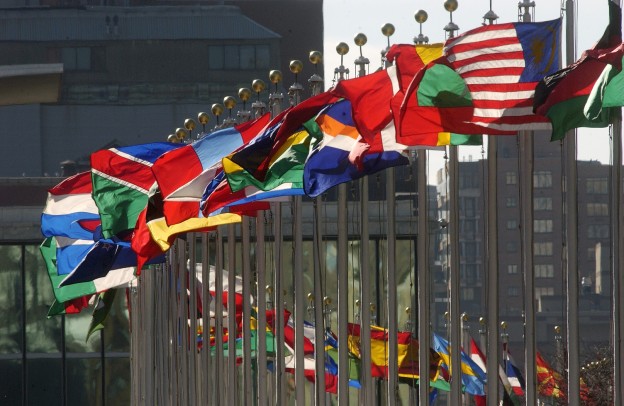Services
The MD-ICCCR offers consulting and training in its core areas of expertise. Support for curriculum development may also be available.
Based on our situated model of mediation in social conflict, we are working on developing both basic and advanced mediation trainings. Most mediation training programs are either-or: settlement (evaluative) or transformational (facilitative). Our model and findings suggest the need for both and serves as a basis for developing a wider palette of strategies and tactics for addressing both substantive and relational or social-emotional concerns.
Given the future-oriented framing of most approaches to mediation, pre-mediation preparation is often absent from trainings. Of course, the type, depth and degree of preparation necessary will differ considerably by domain (e.g., community mediation versus international). Nevertheless, developing comprehensive protocols for pre-mediation preparation for different domains of mediation is likely to pay dividends.
At an advanced level, the model argues strongly for the mediation meta-competency of adaptivity, which has several subcomponents. First, adaptivity requires mediators to be attuned to the changing demands of situations, gleaning what is relevant and irrelevant to the conflict at hand. Our model would suggest the need to be particularly attuned to changes or differences in the conflict (high-intensity to low-intensity), disputant relationships (positive to negative goal-interdependence), context (unconstrained to highly constrained), and process (overt-explicit to covert-implicit).
However, even when situations are perceived accurately, the adaptive mediator must then be able to respond in a way that is fitting with the situation. Thus in addition to social perceptiveness, an enhanced behavioral skill-set is also in order to be able to respond fittingly. Behaviorally, a mediator needs to possess a range of conflict strategies and tactics that he/she can employ appropriately given the expectations of the disputants and broader environmental demands.
Another advanced skill set implied by the situated model is what we have termed mediator optimality, or the capacity to combine different, even contradictory strategies when situations call for creativity and hybrids. For example, in conflicts evidencing intense mixed-motives (combinations of important, high-stakes common and competing goals between the disputants), scholars have suggested the need for combining integrative and distributive strategies in optimal ways.
Publications
Putting the Peaces Together: Introducing a Situated Model of Mediation
By Peter T. Coleman, Katharina Kugler, Christianna Gozzi, Kyong Mazzaro, Nora El Zokm, and Kenneth Kressel (in progress)
Although academic research on mediation has progressed considerably over the last few decades, it still faces considerable challenges to its practical relevance. Today, the findings from research on mediation present a fractured, piecemeal understanding of what constitutes “effective mediation” and how to achieve it. Research is typically either micro (e.g., mediator style) and decontextualized from the broader system of conflict management, or macro (e.g., case comparisons) and disconnected from mediator decisions and action. As a consequence, many models of mediation practice are not derived from sound theory or evidence-based research (Coleman, 2011). Knowledge generated within academia oftentimes does not reach practitioners and valuable field experiences and practices rarely inform academia – impeding mutual learning and development (Honeyman, 2009; UN Report, 2012).
The United Nations Consultation and Training Project was started in 1995 to offer training and support in conflict resolution to the leadership and staff of the UN Secretariat. Since that time, we have offered numerous workshops in collaborative negotiation and mediation, as well as cross-cultural training and consultation to all levels of staff and management of the UN, worldwide. Internal consumer satisfaction research on these initiatives has consistently supported their usefulness and popularity. In addition, we have co-sponsored and co-taught courses at the UN with the UN Studies Program and the Center for International Conflict Resolution of the Columbia School of International and Public Affairs. Participants in this course engage in lively dialogue with top scholars and practitioners and have included the leadership and staff of UN agencies and diplomatic missions including several UN ambassadors.
This is one of many ICCCR initiatives in which we take conflict resolution concepts and skills and tailor them to the particular audience with whom we are working. Ultimately, we operate on the premise that understanding the principles behind cooperative conflict resolution, and learning to develop the skills to apply them, leads to more constructive outcomes for all involved.

